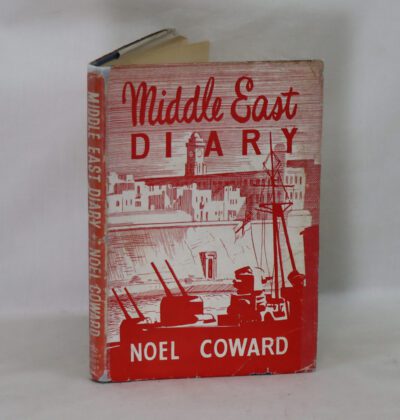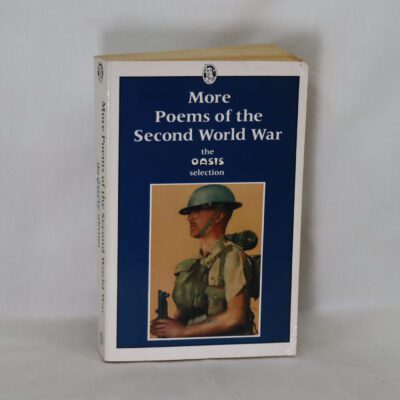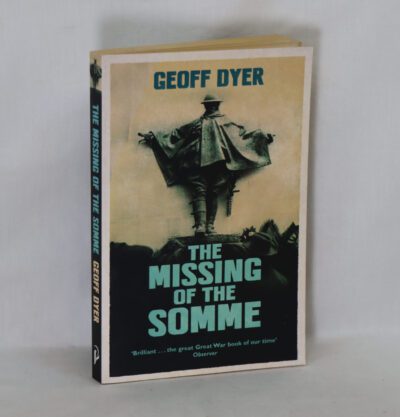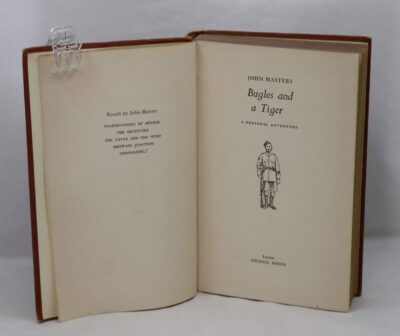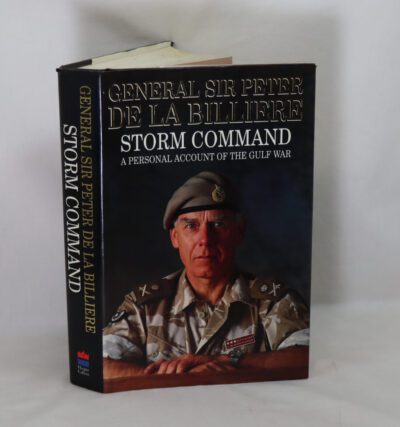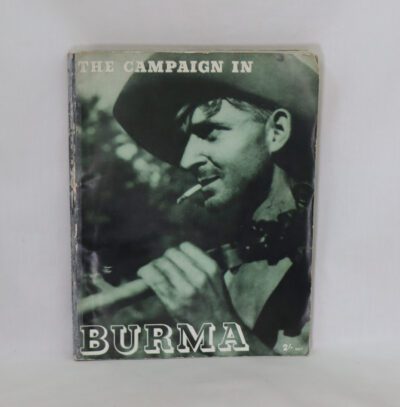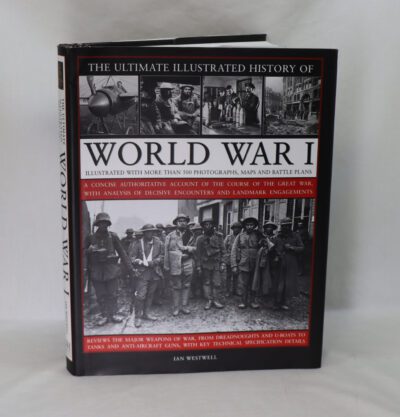War. How Conflict Shapes Us.
By Margaret MacMillan.
ISBN: 9781984856142
Printed: 2020
Publisher: Profile Books. London
Edition: First edition
| Dimensions | 17 × 25 × 4 cm |
|---|---|
| Language |
Language: English
Size (cminches): 17 x 25 x 4
Condition: Fine (See explanation of ratings)
Your items
Item information
Description
In the original dustsheet. Black cloth binding with red title on the spine.
F.B.A. provides an in-depth photographic presentation of this item to stimulate your feel and touch. More traditional book descriptions are immediately available
Is peace an aberration? The bestselling author of Paris 1919 offers a provocative view of war as an essential component of humanity. NAMED ONE OF THE TEN BEST BOOKS OF THE YEAR BY THE NEW YORK TIMES BOOK REVIEW AND THE EAST HAMPTON STAR “Margaret MacMillan has produced another seminal work. . . . She is right that we must, more than ever, think about war. And she has shown us how in this brilliant, elegantly written book.”—H.R. McMaster, author of Dereliction of Duty and Battlegrounds: The Fight to Defend the Free World The instinct to fight may be innate in human nature, but war—organized violence—comes with organized society. War has shaped humanity’s history, its social and political institutions, its values and ideas. Our very language, our public spaces, our private memories, and some of our greatest cultural treasures reflect the glory and the misery of war. War is an uncomfortable and challenging subject not least because it brings out both the vilest and the noblest aspects of humanity. Margaret MacMillan looks at the ways in which war has influenced human society and how, in turn, changes in political organization, technology, or ideologies have affected how and why we fight. War: How Conflict Shaped Us explores such much-debated and controversial questions as: When did war first start? Does human nature doom us to fight one another? Why has war been described as the most organized of all human activities? Why are warriors almost always men? Is war ever within our control? Drawing on lessons from wars throughout the past, from classical history to the present day, MacMillan reveals the many faces of war—the way it …
The time since the Second World War has been seen by some as the longest uninterrupted period of harmony in human history: the ‘long peace’, as Stephen Pinker called it. But despite this, there has been a military conflict ongoing every year since 1945. The same can be said for every century of recorded history. Is war, therefore, an essential part of being human? In War, Professor Margaret MacMillan explores the deep links between society and war and the questions they raise. We learn when war began – whether among early homo sapiens or later, as we began to organise ourselves into tribes and settle in communities. We see the ways in which war reflects changing societies and how war has brought change – for better and worse. Economies, science, technology, medicine, culture: all are instrumental in war and have been shaped by it – without conflict it we might not have had penicillin, female emancipation, radar or rockets. Throughout history, writers, artists, film-makers, playwrights, and composers have been inspired by war – whether to condemn, exalt or simply puzzle about it. If we are never to be rid of war, how should we think about it and what does that mean for peace?.
Want to know more about this item?
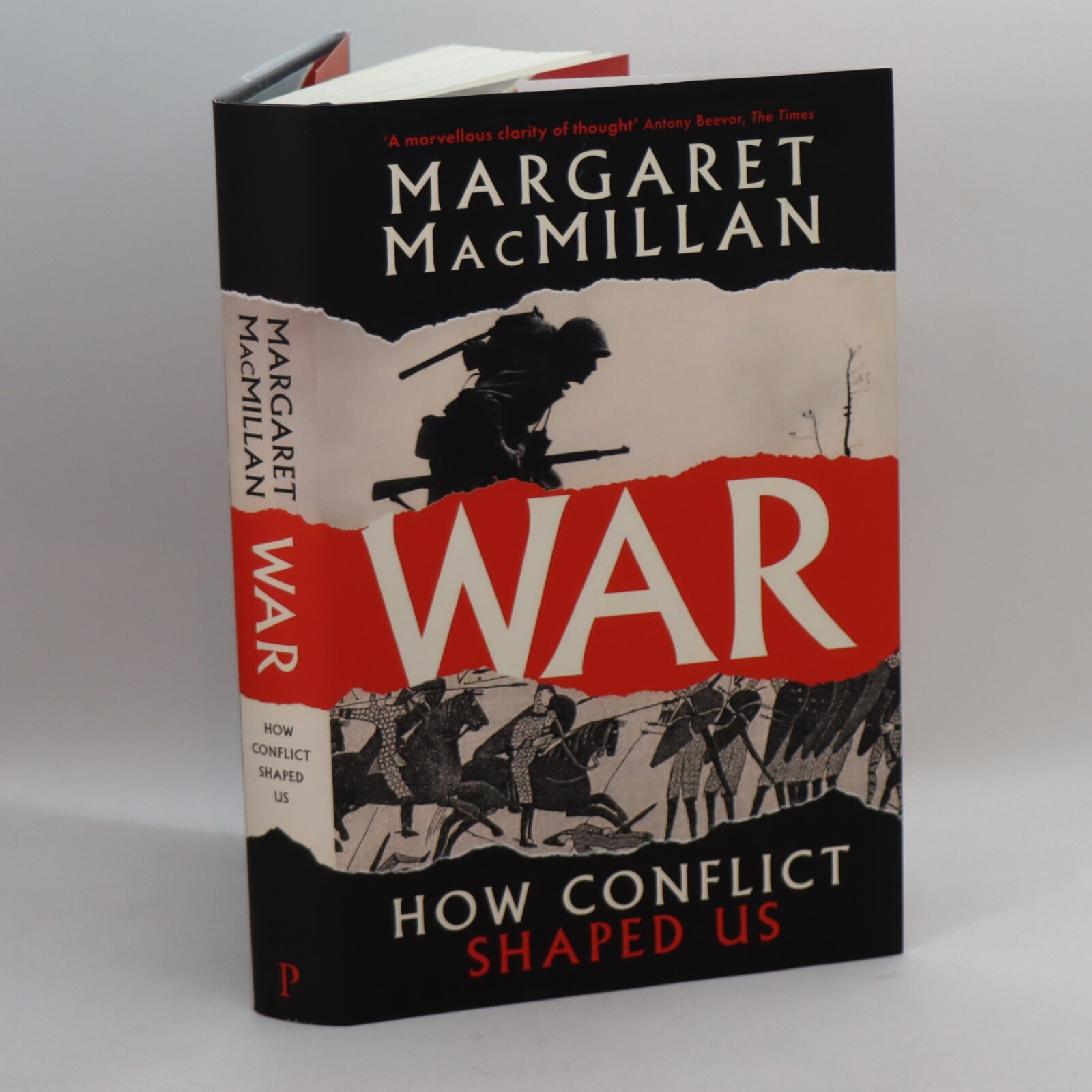
Share this Page with a friend



